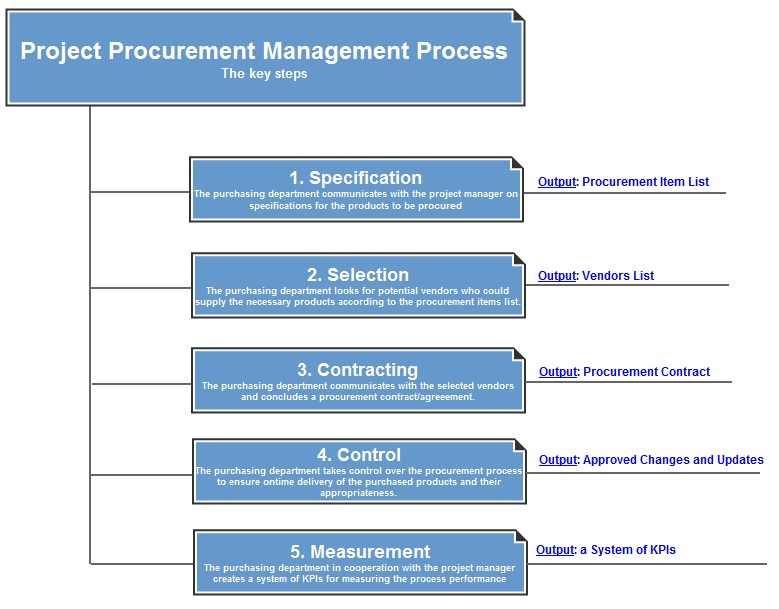Two Common Mistakes in Project Procurement Contracts
 Nearly all kinds of project require some sort of procurement and inventories, no matter whether it is about IT projects, construction projects, engineering projects, and any other projects. Procurement contracts play a pivotal role in providing a project with all necessary inventories required for producing project deliverables, as well as in establishing mutually beneficial vendor procurement relationships between a performing organization and suppliers.
Nearly all kinds of project require some sort of procurement and inventories, no matter whether it is about IT projects, construction projects, engineering projects, and any other projects. Procurement contracts play a pivotal role in providing a project with all necessary inventories required for producing project deliverables, as well as in establishing mutually beneficial vendor procurement relationships between a performing organization and suppliers.
Procurement items, such as hardware, software and services, should be chosen, acquired and delivered according to technical requirements as to project product, budgeting policies and procurement schedules. Therefore, a clear understanding of contracting activities is a critical qualification for project managers.
Two basic mistakes
Usually most project managers make two common mistakes in regard to purchasing contracts. Let’s review each of the mistakes:
- First, project managers often treat sample contracts as legal matters only so they delegate contract reviewing responsibilities to corporate lawyers.
Although legal reviews are important, legal counsels often cannot properly evaluate contracts (especially IT and engineering purchasing agreements) as they do not have technical or operational background. While reviewing a procurement contract template, lawyers might neither anticipate what could go wrong in project implementation, nor consider recommending a clause specifying some additional benefits or necessary concessions, for example, the buyer’s right to request a change in the procurer’s personnel for free within a predefined period of time.
Project managers need to understand that procurement agreements are too important to be delegated to legal department alone. Instead, they should carefully read all procurement contract management statements developed by purchasing department team and then share the contract with legal department and lawyers. That is one of the right ways to manage supplies and purchases. - Second mistake refers to language.
Due to too much conservative initiatives of project managers, often they do not request changes to language because they think that language is not a subject to be changed or modified easily. This mistake is vividly tracked in IT projects when procurers and suppliers of IT products present agreements to buyers as their standard contracts. Such formal agreements have language convenient for the seller but not necessarily for the buyer.
To avoid such a mistake, project managers should know that they have the same rights as their vendors have, so contract language can be suggested and modified by the buyer.
The listed two mistakes and the respective suggestions cannot be considered as legal advice. Each project has specificity so the project’s procurement contract requires legal advice from a competent lawyer.
If you are going to establish negotiations with vendors and acquire some hardware, software or services to provide your project with all necessary inventories, you should remember about the mistakes, as well as get legal advice from the legal department and work around the contract template with the purchasing department. Then you will be able to appropriately react to any situation and achieve better project management.










![How US Small Business Owners Can Prepare for Unexpected Expenses [2026 Guide]](https://mymanagementguide.com/wp-content/uploads/2026/02/small-business-loans-guide-80x80.webp)



